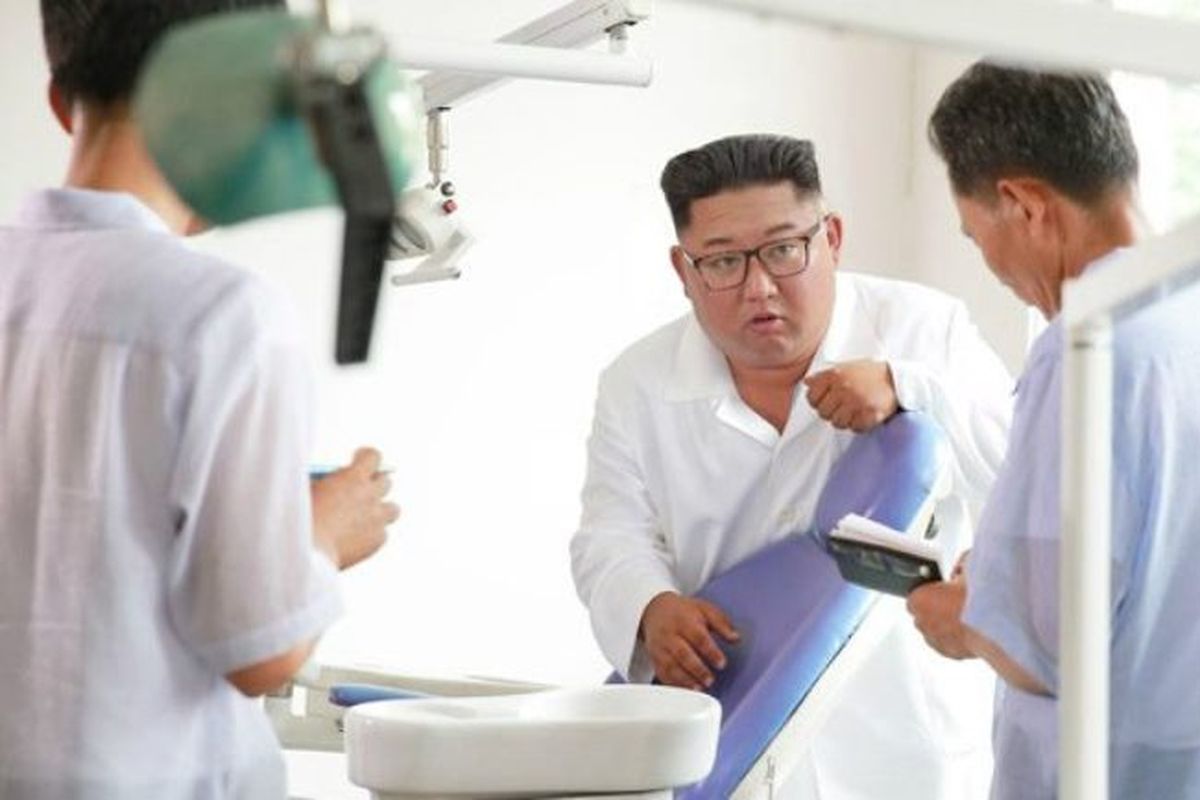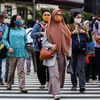North Korea’s Coronavirus Response Alludes to Possible Covid-19 Outbreaks

Monitoring groups in Seoul have steadfastly reported about North Korean virus cases and deaths.
A major coronavirus outbreak may cause a humanitarian disaster because of North Korea’s broken public health care system and lack of medical supplies.
But it’s unclear how serious North Korea’s current situation is.
“Though a really extensive local outbreak might not have occurred yet, it’s likely that a considerable number of people have been infected,” said analyst Hong Min at Seoul’s Korea Institute for National Unification.
“Even though North Korea locks itself down, there should be suspected cases there and authorities must aggressively diagnose them. But North Korea has never been transparent about whether it has such a capacity and the will to do so.”
North Korea’s state media have recently churned out articles thick with rallying propaganda that describe the latest anti-virus work as “an all-people’s campaign” that demonstrates the Kim government’s resolve to protect public safety “at any cost.”
The articles also say that any individual carelessness or breach of anti-virus guidelines may lead to “critical consequences.”
State media said North Korea has deployed more health workers, sanitized personnel and goods, and used loudspeakers to raise public awareness of the virus.
The Korean Central News Agency said Thursday that 550,000 aid items have been sent to Kaesong.
North Korea’s claimed emergency steps suggest that an outbreak there may have worsened, said Kim Sin-gon, a professor at Korea University College of Medicine in Seoul.
North Korea may also aim to win aid from South Korea or others, but wants to save face by saying its suspected Kaesong case is someone who had been in South Korea, he said.
Before returning to North Korea, the suspected first case, identified in South Korea as a 24-year-old man surnamed Kim, hadn’t tested positive in South Korea and never had contact with any patient, South Korean health official Yoon Taeho said.
The motive for his return to North Korea isn’t known.
More than 33,000 North Koreans have escaped to South Korea over the past 22 years for political and economic reasons, but only a handful have returned to North Korea.
Police said the man was questioned in June on an allegation that he had sexually assaulted a female North Korean refugee. The man denied the accusation.
Last month, the national forensic service told police it found DNA evidence of the assault, and police were continuing to investigate, according to the Gyeonggi Nambu Provincial Police Agency.
(Writer: Hyung-Jin Kim)
Source: https://apnews.com/9c2695c6a79fb1fea3f774b9ca0b8c6b
Simak breaking news dan berita pilihan kami langsung di ponselmu. Pilih saluran andalanmu akses berita Kompas.com WhatsApp Channel : https://www.whatsapp.com/channel/0029VaFPbedBPzjZrk13HO3D. Pastikan kamu sudah install aplikasi WhatsApp ya.

































